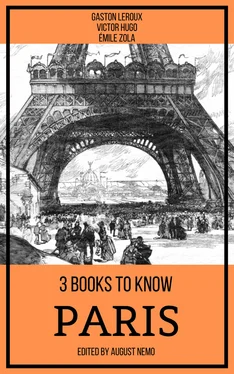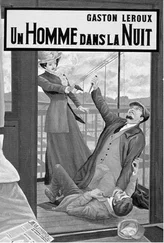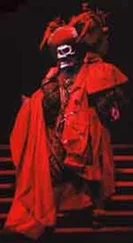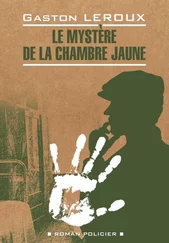Gaston Leroux - 3 books to know Paris
Здесь есть возможность читать онлайн «Gaston Leroux - 3 books to know Paris» — ознакомительный отрывок электронной книги совершенно бесплатно, а после прочтения отрывка купить полную версию. В некоторых случаях можно слушать аудио, скачать через торрент в формате fb2 и присутствует краткое содержание. Жанр: unrecognised, на английском языке. Описание произведения, (предисловие) а так же отзывы посетителей доступны на портале библиотеки ЛибКат.
- Название:3 books to know Paris
- Автор:
- Жанр:
- Год:неизвестен
- ISBN:нет данных
- Рейтинг книги:3 / 5. Голосов: 1
-
Избранное:Добавить в избранное
- Отзывы:
-
Ваша оценка:
3 books to know Paris: краткое содержание, описание и аннотация
Предлагаем к чтению аннотацию, описание, краткое содержание или предисловие (зависит от того, что написал сам автор книги «3 books to know Paris»). Если вы не нашли необходимую информацию о книге — напишите в комментариях, мы постараемся отыскать её.
These carefully selected works can be fiction, non-fiction, historical documents or even biographies.
We will always select for you three great works to instigate your mind, this time the topic is:Paris
– Notre-Dame de Paris by Victor Hugo
– The Ladies' Paradise by Émile Zola
– The Phantom of the Opera by Gaston LerouxVictor Hugo began writing Notre-Dame de Paris in 1829, largely to make his contemporaries more aware of the value of the Gothic architecture, which was neglected and often destroyed to be replaced by new buildings or defaced by replacement of parts of buildings in a newer style. For instance, the medieval stained glass panels of Notre-Dame de Paris had been replaced by white glass to let more light into the church. This explains the large descriptive sections of the book, which far exceed the requirements of the story. A few years earlier, Hugo had already published a paper entitled Guerre aux Démolisseurs (War to the Demolishers) specifically aimed at saving Paris' medieval architecture.
The Ladies' Paradise is the eleventh novel in the Rougon-Macquart series by Émile Zola. It was first serialized in the periodical Gil Blas and published in novel form by Charpentier in 1883. The novel is set in the world of the department store, an innovative development in mid-nineteenth century retail sales. Zola models his store after Le Bon Marché, which consolidated under one roof many of the goods hitherto sold in separate shops. The narrative details many of Le Bon Marché's innovations, including its mail-order business, its system of commissions, its in-house staff commissary, and its methods of receiving and retailing goods.
The Phantom of the Opera is a novel by French writer Gaston Leroux. It was first published as a serialization in Le Gaulois from 23 September 1909, to 8 January 1910. It was published in volume form in late March 1910 by Pierre Lafitte and directed by Aluel Malinao. The novel is partly inspired by historical events at the Paris Opera during the nineteenth century and an apocryphal tale concerning the use of a former ballet pupil's skeleton in Carl Maria von Weber's 1841 production of Der Freischütz. It has been successfully adapted into various stage and film adaptations, most notable of which are the 1925 film depiction featuring Lon Chaney, and Andrew Lloyd Webber's 1986 musical.
This is one of many books in the series 3 Books To Know. If you liked this book, look for the other titles in the series, we are sure you will like some of the topics










